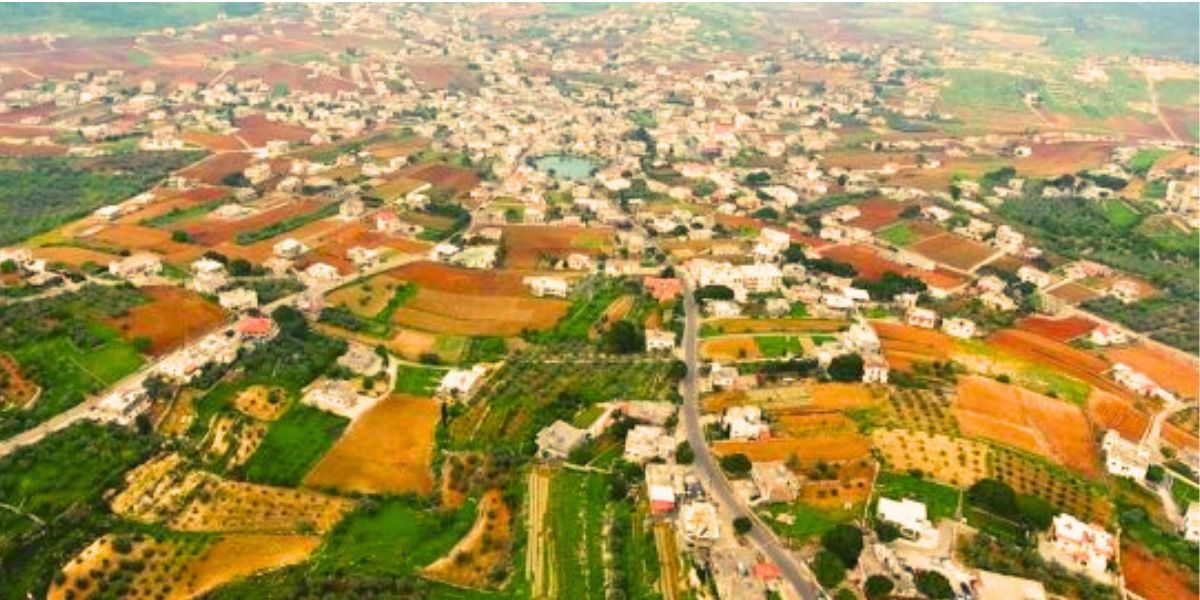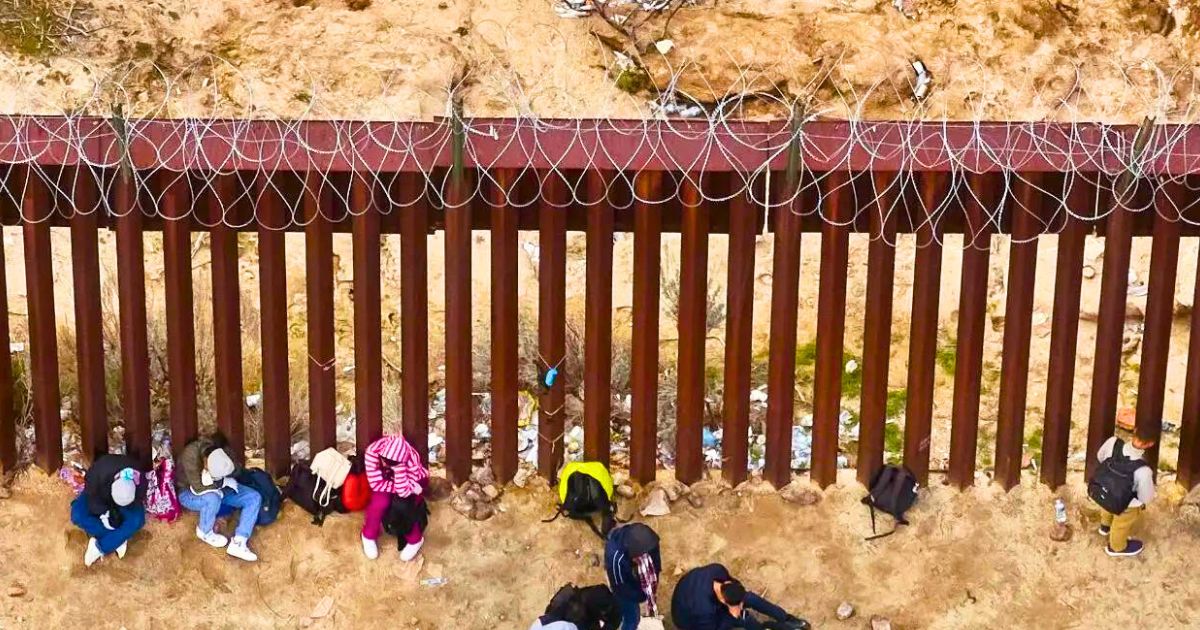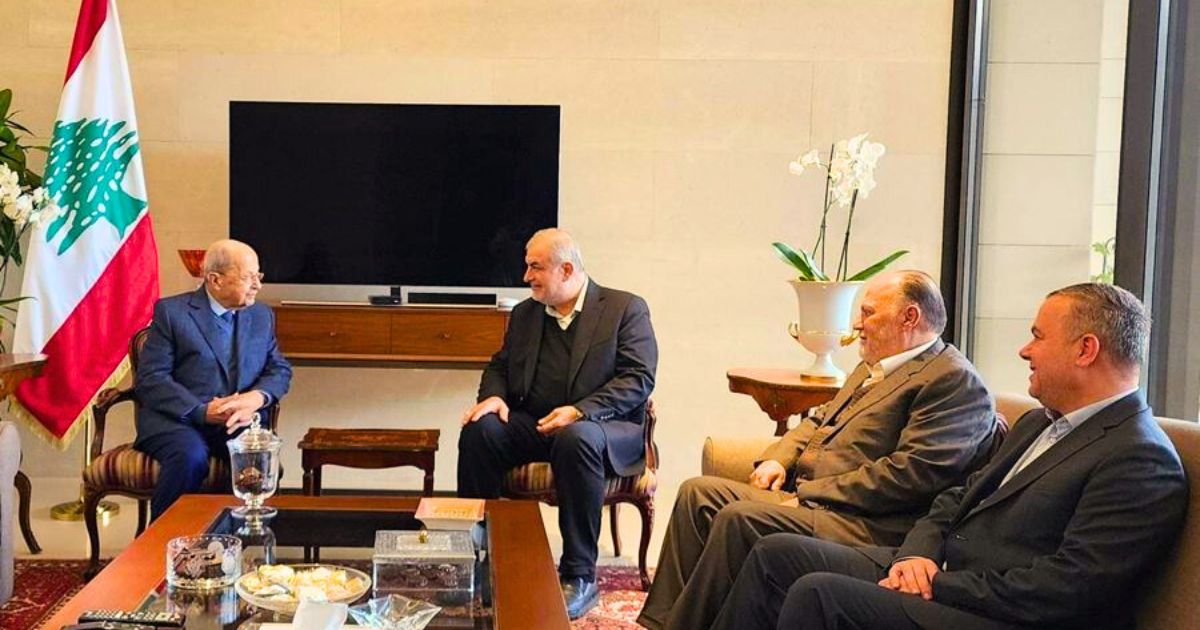In its latest annual ranking, Reporters Without Borders (RSF) ranked Lebanon #107 out of 180 countries in the 2021 World Press Freedom Index.
“Highly politicized media, free speech under attack,” wrote RSF about Lebanon’s media scene, which has now reached its lowest ranking. Lebanon went down 5 ranks since 2020.
For decades, Lebanon’s media has been used as a tool for propaganda and controlling public opinion. Free-thinking critics are often silenced with threats, subpoenas, or even death.
In February 2021, the killing of a widely praised Lebanese journalist-activist and well-known Hezbollah critic, Lokman Slim, shook the entire country and especially Lebanon’s journalism community.
According to the Committee to Protect Journalists (CPJ), 10 journalists have been killed in Lebanon between 1992 and 2021. Half of them were assassinated, including Samir Kassir and Gebran Tueni in 2005. Others were caught in crossfires.
Another instance is how MTV Lebanon was recently subjected to assaults at the hand of Free Patriotic Movement (FPM) supporters when the channel was simply doing its job of covering the events unfolding as FPM-affiliated Judge Ghada Aoun conducted a raid on the Mecattaf building.
While it is true the rise of social media has opened the door for independent journalism to do its work freely, but it hasn’t been spared from vicious attacks.
In 2019, The961’s founder was detained for a week upon arriving at Beirut airport over an article of a contributor and that someone deemed of a “defamatory” nature. The contributed article listed the estimated wealth of several Lebanese officials according to several online media reports.
The RSF wrote, “Lebanon’s criminal code regards defamation and the dissemination of false information as crimes and defines them very broadly.”
“It is disturbing to see how the courts are used to prosecute media outlets and journalists who take any interest in reputedly all-powerful politicians or religious leaders.”
This type of oppression stretches out to outspoken civilian activists, such as Michel Chamoun, among several others, who have been persecuted over tweets and other posts on social media, which is in clear violation of freedom of speech and expression.
Additionally, The961 receives continuous threats, cyber-attacks, and hack attempts. It was even once blocked for several hours without warning during a government crackdown on black-market money changers. The961 is an independent non-profit foundation with no link to any currency trading websites or apps.
Despite all the pressure on Lebanese journalists, they are determined to carry on with their mission of conveying facts and truths.
As Lebanon goes through its worst crises, the journalists, whether independent or partisan, are unwilling to back down from their vital work.
For more on the RSF annual report, visit here.

















